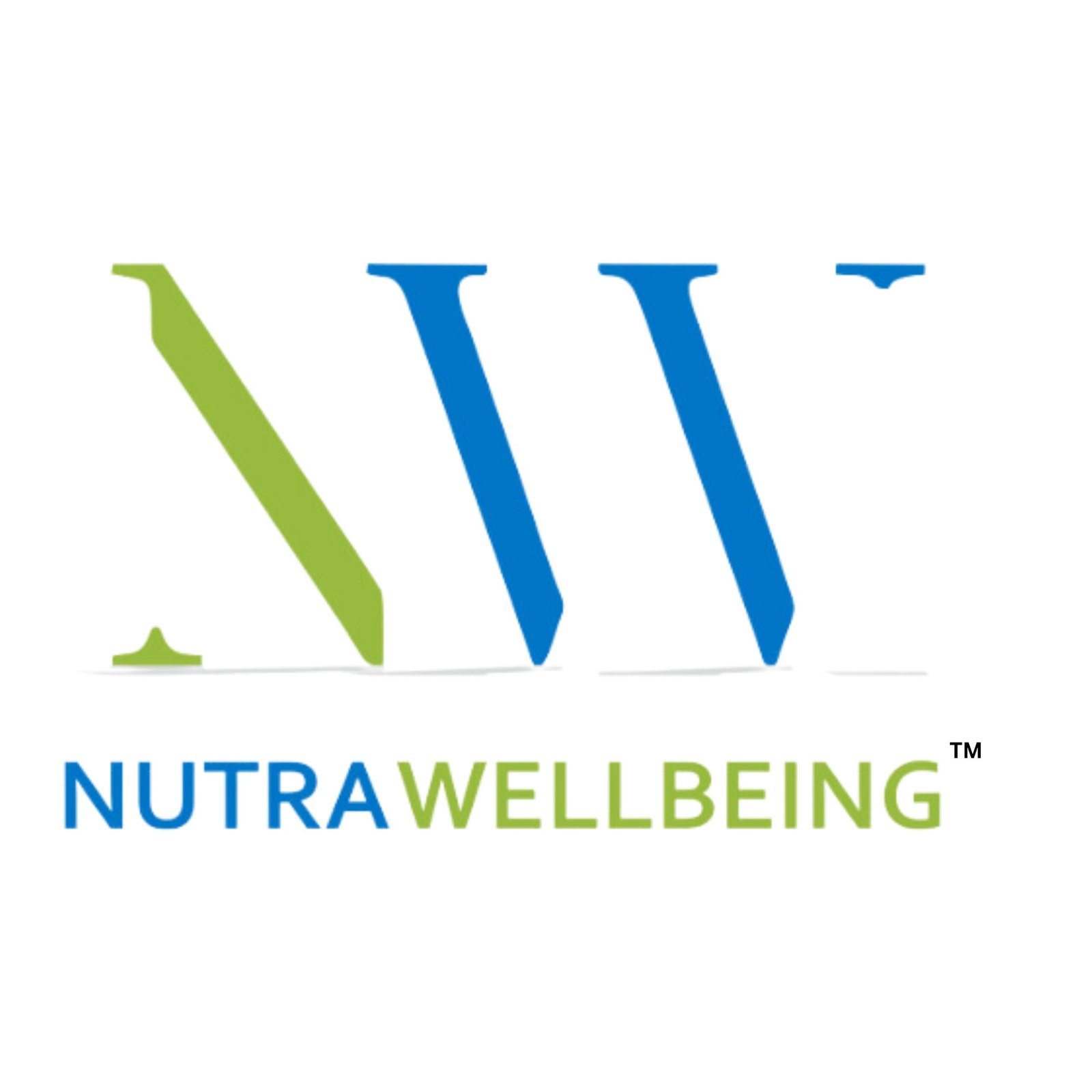Omega-3 fatty acids are a type of polyunsaturated fat that the body requires for a variety of functions, including maintaining healthy eyes. Among the various omega-3s, eicosapentaenoic acid (EPA) and docosahexaenoic acid (DHA) are especially beneficial to eye health. Let’s look at the benefits of omega-3 fatty acids for the eyes and how to incorporate them into your diet.
- Reduces the risk of age-related macular degeneration (AMD): Age-related macular degeneration is the leading cause of vision loss in older adults. According to research, regular omega-3 fatty acid consumption can help reduce the risk of developing AMD and slow its progression in people who have already been diagnosed with the condition.
- Improved Dry Eye Syndrome: Dry eye syndrome occurs when the eyes produce insufficient tears or when the tears evaporate too quickly. Omega-3 fatty acids can help improve tear quality, reduce eye inflammation, and relieve dry eye syndrome symptoms like itching, burning, and redness.
- Retinopathy Protection: Diabetic retinopathy is a diabetes complication that affects the retina’s blood vessels. Omega-3 fatty acids have been shown to help prevent retinopathy by reducing inflammation and increasing blood flow to the eyes.
- Enhanced Visual Development: Omega-3 fatty acids are essential for visual development in infants and young children. DHA, in particular, is an important component of the retina, and sufficient omega-3 intake during pregnancy and early childhood is required for optimal visual development.
- Reduced Risk of Glaucoma: Glaucoma is a group of eye conditions that can damage the optic nerve and cause vision loss. According to some studies, omega-3 fatty acids may help reduce the risk of developing glaucoma by increasing blood flow to the optic nerve and lowering intraocular pressure.
How to Incorporate Omega-3 Fatty Acids into Your Diet:
- Fatty Fish: Include fatty fish such as salmon, mackerel, sardines, and trout in your diet. These fish are rich in EPA and DHA.
- Flaxseeds and Chia Seeds: Add flaxseeds or chia seeds to your smoothies, yogurt, or oatmeal for a plant-based source of alpha-linolenic acid (ALA), a type of omega-3 fatty acid.
- Walnuts: Snack on a handful of walnuts, which are a good source of ALA.
- Fish Oil Supplements: Consider taking fish oil supplements if you’re not able to get enough omega-3 fatty acids from your diet alone. However, it’s always best to consult with a healthcare professional before starting any new supplement regimen.
In Conclusion:
Omega-3 fatty acids play a crucial role in maintaining healthy eyes and reducing the risk of various eye conditions. By incorporating foods rich in omega-3s into your diet or taking supplements as needed, you can support your eye health and overall well-being.

